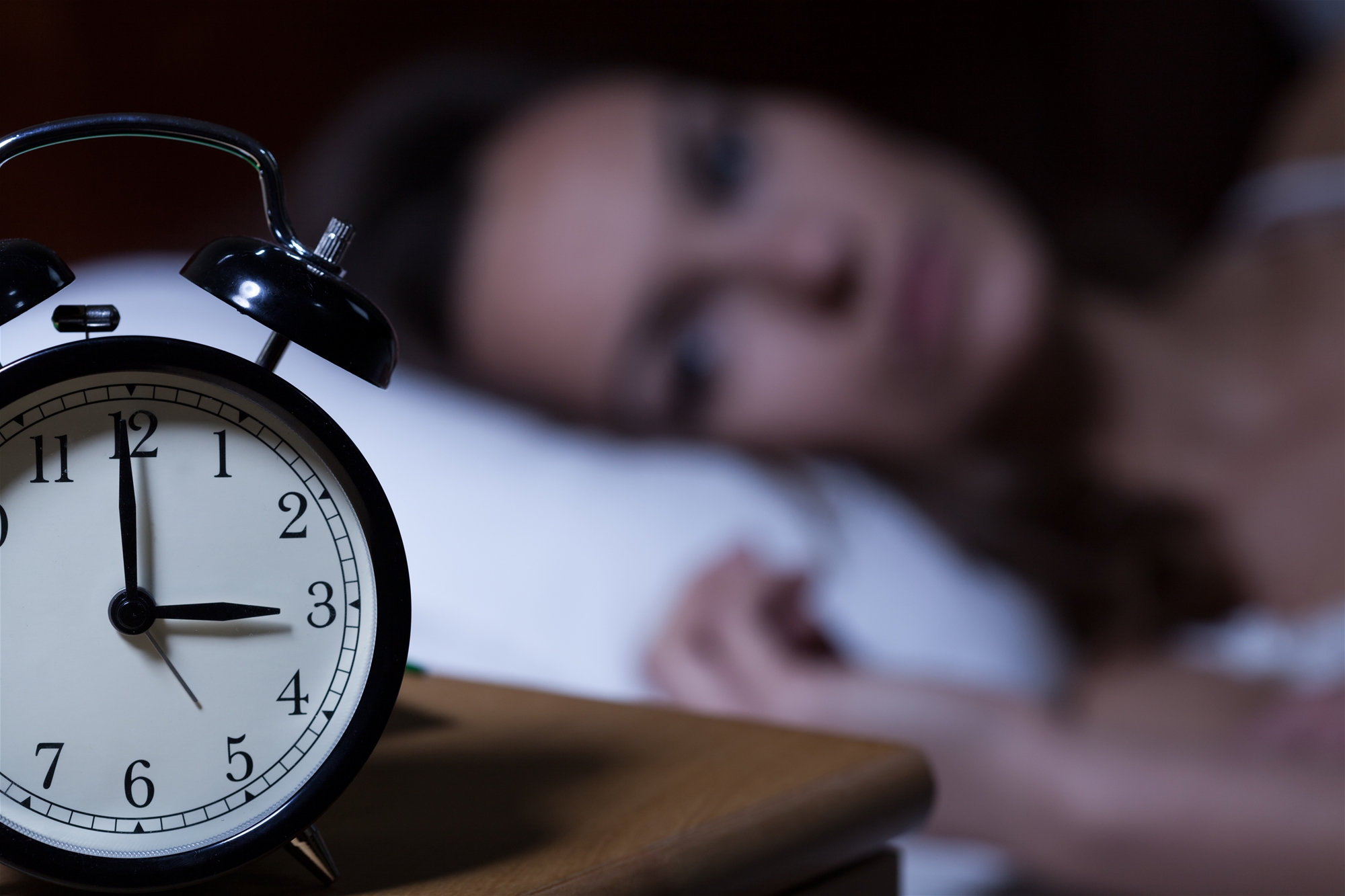Long-term insomnia may have an impact on the quality of life. It may not only cause accidents due to poor mental state, but also increase the risk of physical and mental diseases. Therefore, it is recommended to seek medical advice early and undergo a thorough differential diagnosis to obtain appropriate treatment.
What is insomnia?
Insomnia includes: inability to fall asleep, waking up too early, intermittent sleep, and poor sleep quality that results in physical discomfort and/or affecting daily life functions.
According to the diagnostic criteria of "Diagnostic Statistical Manual of Mental Disorders-Fifth Edition" (DSM-V), insomnia includes 3 or more days per week of fatigue, lethargy, emotional irritability, difficulty concentrating or physical discomfort during the day. Symptoms in turn affect academic performance and work performance. Acute insomnia is defnied is if its duration is less than one month, and chronic insomnia is defnied is the duration is more than one month.

Factors affecting sleep
- Age
Age is an important factor affecting the quality and length of sleep. Sleep quality will deteriorate with aging, and the time of deep sleep will be significantly reduced; therefore, the elderly sleep lightly, often wake up at night, and stay awake for a longer time.
- Body temperature
Drowsiness occurs when the body temperature drops. Individuals suffering from insomnia tend to have a higher body temperature or a slower body temperature drop, which is may exacerbate insomnia.
- Stress and emotional distress
Large and small stress in life may make it difficult for the body to relax, and continuous physical tension will also affect the quality of sleep.
- Poor environment
Noise, brightness of the room, beds being too soft or too hard to sleep in, room temperature either too hot or too cold, or disturbances with mosquito bites will affect sleep.
- Lifestyle
Smoking, and drinking coffee or alcohol before going to bed, or eating too much can interfere with sleep. Taking a nap during the day (especially near the evening) will delay onset of sleep; a long nap may also cause light sleep at night. Shift workers may also have trouble sleeping due to jet lag.
- Exercise
Whether exercise can promote sleep depends on its time, intensity and regularity of exercise. Exercise before bedtime may interfere with sleep, and moderate exercise in the afternoon or evening can help one fall asleep and improve sleep quality.
- Health conditions and medications
Endocrine disorders, cardiovascular diseases, neurological diseases, respiratory diseases, and pain may all be accompanied by sleep disturbances. Although tranquilizers and sleep aids have the effect of promoting sleep, they usually affect the process or quality of sleep.
Classification of insomnia
- Difficulty falling asleep: The individual needs more than 30 minutes after going to bed to fall asleep.
- Difficulty in maintaining sleep: The individual who wakes up easily after falling asleep, and has been awake for more than 30 minutes before falling asleep again.
- Premature awakening type: The individual wakes up earlier than the scheduled waking time and cannot fall asleep again.
The effects of insomnia
- Chronic insomnia leads to slow reaction, memory loss, emotional instability, and low energy. It may also affect the individual’s coping with his/her busy work. In addition, it will cause a decline in immune function and increase the risk of diseases.
Ways to improve insomnia
- Reduce bedtime: Sleeping too much and lightly, it is better to sleep less and more.
- Don't try to fall asleep if you are not sleepy: worrying about insomnia or forcing yourself to fall asleep will make you more awake and harder to fall asleep.
- The wrong concept on sleep: "If I don't fall asleep again, I will do nothing tomorrow."
- Go to bed and get up at a fixed time every day, no matter how you slept the night before.
- Do not read books, newspapers and magazines or use smartphones, watch television, netflix and youtube in bed, do not put clocks or watches in the bedroom, and avoid constantly paying attention to the time, these habits make it more difficult to fall asleep.
- Moderate and regular exercise should be scheduled5-6 hours before going to bed, the duration of exercise should be at least 20 minutes to help sleep. One should not exercise 2 hours before going to bed.
- Every day after three o'clock in the afternoon, you should avoid drinking coffee, tea, cola or refreshing beverages with high caffeine content to avoid over-excitement that may affect sleep at night.
- Avoid eating too much food with heavy taste, since it might affect sleep.
- Eat some small snacks before going to bed; such as milk or biscuits, can help improve quality of sleep, because during sleep, hunger will cause sleep interruption in the middle of the night or affect sleep quality.
- Before going to bed, calorie intake should be around 100-200. Don't overdo it. Eating too much or drinking too much will cause the gastrointestinal and digestive tract organs to overwork during sleep, which will easily affect the quality of sleep; if you drink too much, your sleep will be frequently disrupted due to bathroom visits for urination.
- Reduce daytime sleep: Do not take a nap for more than 1 hour.
- Use sleeping pills correctly: Learn to relax and gradually reduce sleep aids according to the doctor's instructions. Do not buy sleeping pills by yourself, which may cause a vicious circle. The doctor will give appropriate drugs and treatments according to your clinical condition to help improve your insomnia.
- Sleeping pills and alcohol should not be used at the same time; otherwise, it will have a multiplier effect. In addition to affecting night sleep, alcohol will also affect the next day's attention, daily routine, and work performance.

